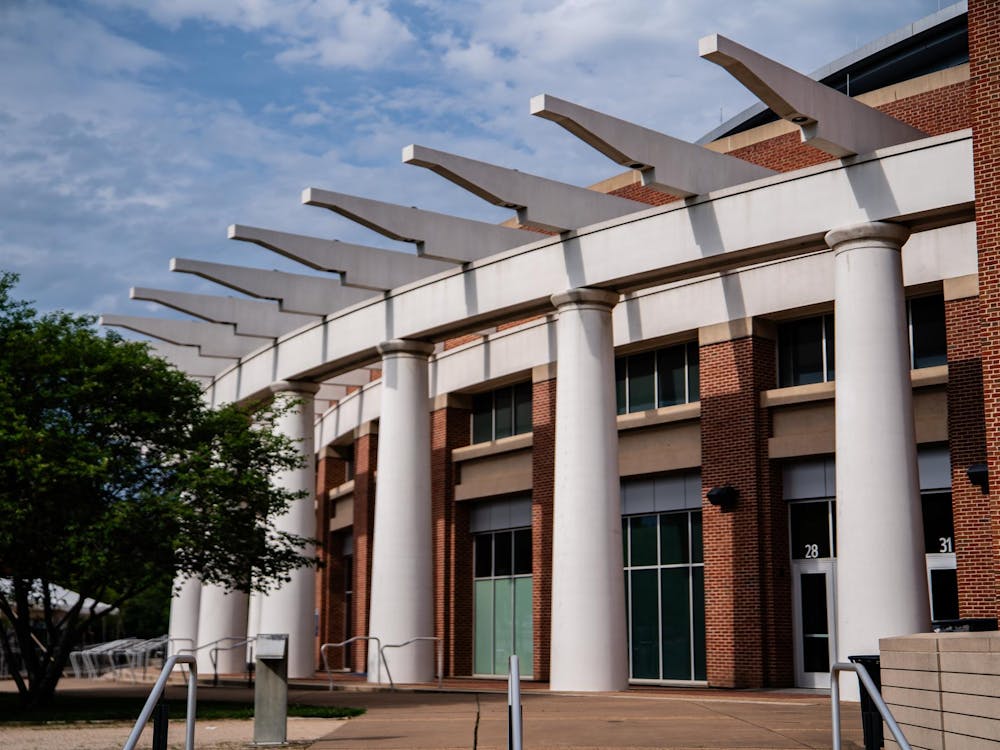Political scientists from all over the world met in Washington, D.C. this week to discuss whether college students taking political science courses are able to take the concepts learned in the classroom and apply them to real-world situations.
At the Annual American Political Science Association Meeting entitled "Mobilizing Democracy," some professors said they would characterize their students as generally apathetic and unaware of the current events that are relevant to their course of study, according to an article in The Chronicle of Higher Education.
Members of the APSA panel found they could better engage their students civically and intellectually by integrating articles from The New York Times into their classroom discussions, The Chronicle reported.
"We professors have a duty to teach the academic literature and its reasonable applications in the world of politics," University Politics Prof. Larry J. Sabato said.
Sabato said he recognizes newspapers as an important teaching tool in the classroom.
"It makes the classroom experience richer and more interesting to apply the general principles to events occurring at the moment," he said.
College Associate Dean Richard Handler taught an anthropology class called "Reading The New York Times" last spring.
"The class covered the principles normally covered in the department's introductory courses but exchanged some required texts for articles from The New York Times," Handler said. "It is the same course as the ordinary intro, just with different examples."
While valuing newspapers, some University professors said they are careful not to overestimate their value.
"Reading The New York Times can water down the academics," Sabato said. "This is contrary to the purposes for which we teach."
The professors said they use many different resources to get students involved in the real-world applications of academics.
"Professors' research shapes how world leaders make decisions," Sabato said. "Letting students in on their research and bringing it into their teaching shows how it affects current public policy."
The APSA panel also addressed students' lack of civic participation.
"I want to see more Wahoos in office, but class is not a pipeline to public participation," Sabato said. "We want students to think about the world and its practices. Student engagement in real-world events is not a huge problem, and it is getting better."
Ken Stroupe, chief of staff of the University's Center for Politics, said experiential learning is a key to learning the value of politics and the effect politics has on students' daily lives.
"It is possible to reinforce the value of civic and political participation through our own actions by encouraging discussions, participation, by encouraging students to learn more about the process," Stroupe said.






